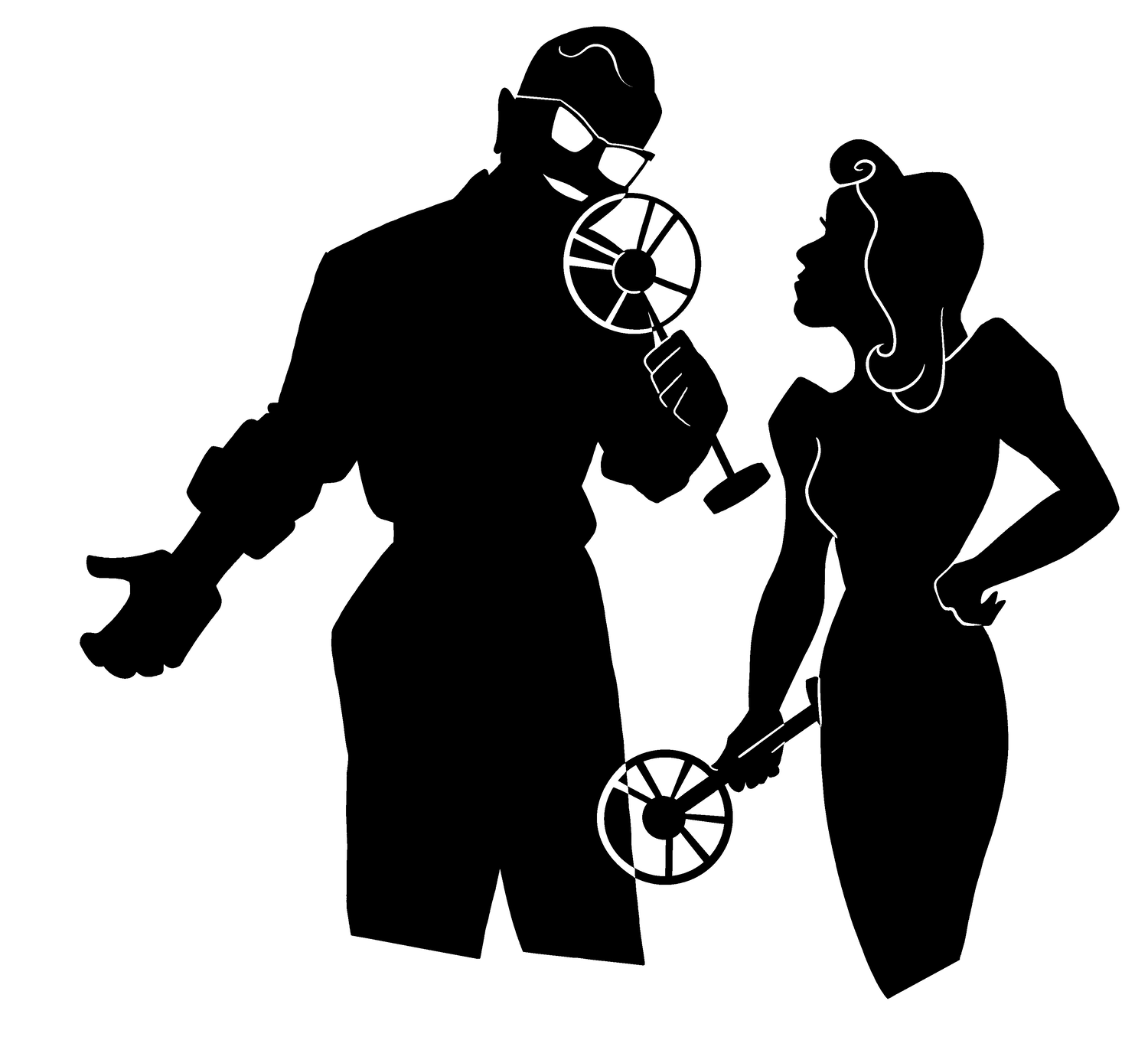52. Authority, Influence, & Active Bystandership
This week the docs cover the infamous studies of Psychology giants Stanley Milgram & Philip Zimbardo. These social psychologists contributed heavily to the way we understand how people's behavior can be influenced, for better and for worse. They also connect some of the more recent concepts like Active Bystandership to contemporary issues.
EPISODE RESOURCES
“A New Look at the Killing of Kitty Genovese: The Science of False Confessions.” Association for Psychological Science - APS, 2017, www.psychologicalscience.org/publications/observer/obsonline/a-new-look-at-the-killing-of-kitty-genovese-the-science-of-false-confessions.html. Accessed 27 Aug. 2020.
Eissenberg, Thomas, et al. “IRBs and Psychological Science: Ensuring a Collaborative Relationship.” Https://Www.Apa.Org, 2020, www.apa.org/research/responsible/irbs-psych-science. Accessed 27 Aug. 2020.
GETTLEMAN, JEFFREY. “Walking a Mile in the Shoes of a Sing Sing Guard.” Los Angeles Times, Los Angeles Times, 5 June 2000, www.latimes.com/archives/la-xpm-2000-jun-05-cl-37515-story.html. Accessed 27 Aug. 2020.
“Informed Consent: I. History of Informed Consent | Encyclopedia.Com.” Encyclopedia.Com, 2020, www.encyclopedia.com/science/encyclopedias-almanacs-transcripts-and-maps/informed-consent-i-history-informed-consent. Accessed 27 Aug. 2020.
Maressa Brown. “6 Reasons ‘All Lives Matter’ Doesn’t Work—in Terms Simple Enough for a Child.” Parents, Parents, 8 June 2020, www.parents.com/kids/responsibility/racism/reasons-all-lives-matter-doesnt-work-in-terms-simple-enough-for-a-child/. Accessed 27 Aug. 2020.
Nargi, Lela. “11 Psychology Experiments That Went Horribly Wrong.” Reader’s Digest, Reader's Digest, 26 July 2018, www.rd.com/list/psychology-experiments-gone-wrong/. Accessed 27 Aug. 2020.
“Newjack.” Wikipedia, Wikimedia Foundation, 16 July 2020, en.wikipedia.org/wiki/Newjack. Accessed 27 Aug. 2020.
“Panopticon.” Wikipedia, Wikimedia Foundation, 26 Aug. 2020, en.wikipedia.org/wiki/Panopticon. Accessed 27 Aug. 2020.
“Philip Zimbardo.” Wikipedia, Wikimedia Foundation, 7 Aug. 2020, en.wikipedia.org/wiki/Philip_Zimbardo. Accessed 27 Aug. 2020.
Staub, E. (2009). The roots of evil The origins of genocide and other group violence. Cambridge Cambridge University Press.
“Stanford Prison Experiment.” Wikipedia, Wikimedia Foundation, 21 Aug. 2020, en.wikipedia.org/wiki/Stanford_prison_experiment. Accessed 27 Aug. 2020. Wikipedia Contributors.
“Lord of the Flies.” Wikipedia, Wikimedia Foundation, 11 Aug. 2020, en.wikipedia.org/wiki/Lord_of_the_Flies. Accessed 27 Aug. 2020.
Zimbardo, P. (2013). The lucifer effect : understanding how good people turn evil. Random House.
This episode is sponsored by
· Anchor: The easiest way to make a podcast. https://anchor.fm/app
Send in a voice message: https://anchor.fm/lansc/message
